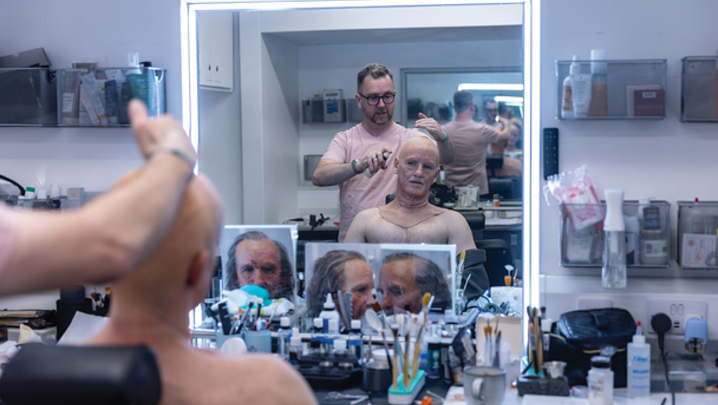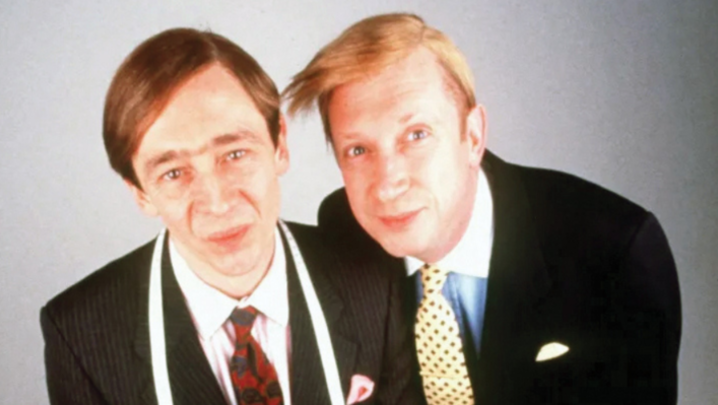Waad al-Kateab discovers a different world when she visits London after filming the horror of Aleppo
I have just arrived in London from Turkey, where my family is now living after the fall of our beloved city, Aleppo. I am travelling with my husband, Hamza, and our first stop from Heathrow airport is the Channel 4 News office.
I am feeling excited but also apprehensive. One of the first people I meet in the newsroom is the presenter Jon Snow. When we are introduced, he bursts into tears. I feel emotional, too. These are the people who have made it possible to show the world my footage, the real stories and horrors of the people of Syria.
Tonight it is the RTS Television Journalism Awards, the main reason I have come to London. The Hilton Hotel on Park Lane is a far cry from what I am used to. Last year, I worked in a makeshift hospital, filming images of trauma, death, grief and courage. Now, I am dining with beautiful, well-dressed people in a room with very big chandeliers. It is a lot to take in. My films for Channel 4 News have been nominated for four awards. I am nervous but I hope we win.
"I feel emotionally torn, very sad that we lost our city, proud of what we all did to try and save it."
After my name is called, I walk up to the stage and wait for what seems like for ever as everyone in the room stands and applauds me. In my speech, I tell them: “There is a perished city called Aleppo. And all its people are asking you to remember your humanity.”
They all stand and clap again for a very long time. I am humble.
After the excitement of last night, today I am relaxing with my husband in this beautiful city. We visit Buckingham Palace and go shopping on Oxford Street. It is hard to believe that one city can have so many shops and people.
I can’t wait to tell my friends and family back home about this experience. But all my friends have already heard the news that I won four awards and my Facebook page is full of congratulations and good wishes.
I am being interviewed on CNN by Christiane Amanpour and am introduced as “The woman who exposed the horrors of Aleppo”. I feel emotionally torn, very sad that we lost our city, proud of what we all did to try and save it and its people, but also determined to keep telling the world what is happening.
The Mail on Sunday interviews me next in a hotel in London. It wrote at length about my plight while I was trapped in Aleppo in December. Now the paper wants to hear my story in person.
I feel exhausted reliving the suffering of the people caught up in the siege and the human toll of the Syrian war. But it is an important story to tell. A photoshoot with the Radio Times follows.
Today, because I am a self-taught film-maker, I am shadowing a Channel 4 News camera operator, who is filming outside Parliament. He is teaching me the technical understanding of filming and explaining depth of field.
I also spend time with an editor in an edit suite and with the online team. There is so much to learn, but it is a calm and fun newsroom to work in.
I am there to learn from them, but it is the staff who are asking me many questions. I tell them about filming in the emergency room, with my doctor husband and my baby daughter sleeping at my side, on the day three young brothers were brought in after being hit by a bomb. The city was experiencing the heaviest bombardment in several days. One of the brothers died. No one expected to live much longer. And my camera never looked away.
Waad al-Kateab is a Syrian film-maker. At the RTS Television Journalism Awards, she was named Camera Operator of the Year and Young Talent of the Year and won the Independent Award (for The Last Flower Seller of Aleppo on Channel 4 News and, with Channel 4 News, News Coverage – International (for Inside Aleppo on Channel 4 News).







